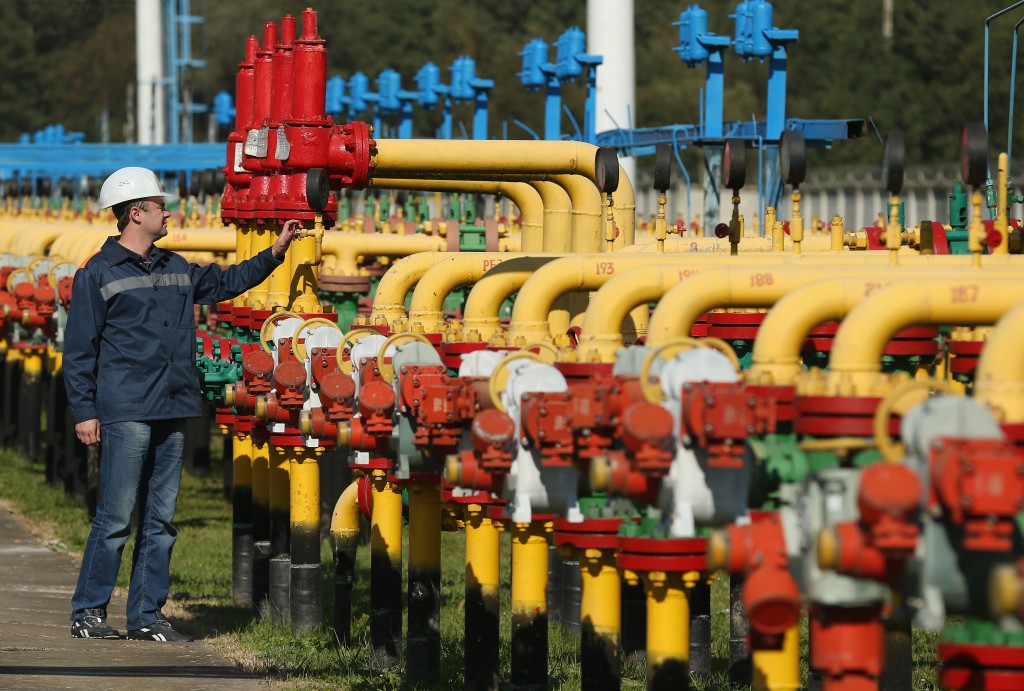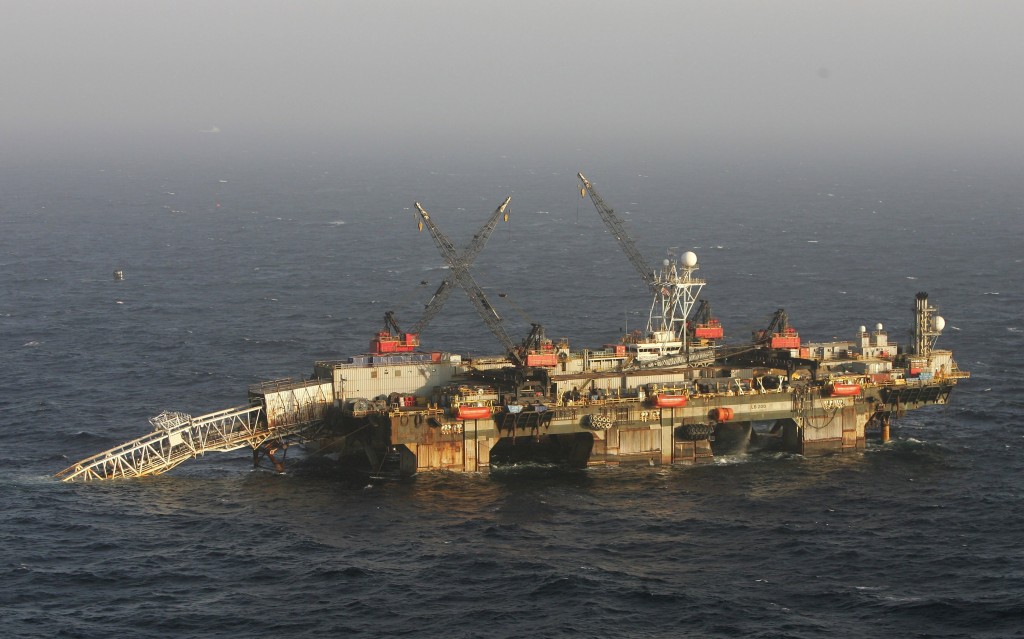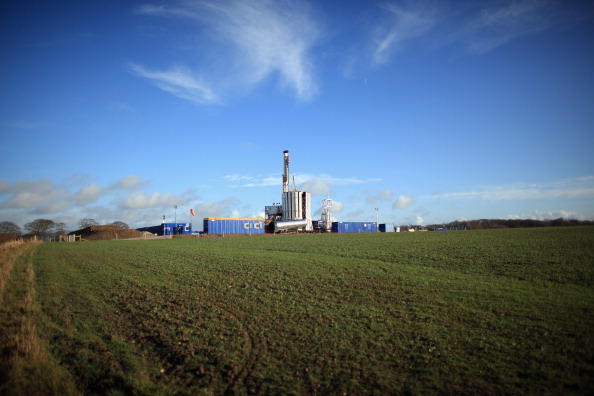A new E3G Briefing Paper calls into question official EU projections regarding EU gas demand, which raises important questions about the economic viability of new gas import infrastructure – both pipelines and especially LNG terminals – and, by extension, about gas supply diversification efforts to enhance overall EU energy security. The following chart shows that… Keep reading →
gas prices
Where is Future EU Gas Demand Going? Implications for Russian and US LNG Exports to Europe
By Roman KilisekSign up and get Breaking Energy news in your inbox.
We will never sell or share your information without your consent. See our privacy policy.Supply matters. The impact of the U.S. energy revolution on global supply, with real benefits reaching consumers, is seen we head into the Labor Day weekend. The U.S. Energy Information Administration (EIA) reports the U.S. average retail price for gasoline on Aug. 25 was the lowest price on the Monday before Labor Day since 2010: EIA explains:… Keep reading →
By Holly Ellyatt The shale gas revolution is only just beginning, but according to one leading analyst the U.K. and Europe have failed to capitalize on the maverick within the global energy market and are being left out in the cold. “I don’t think the U.K. is anywhere near catching up with the U.S.,” David… Keep reading →
US natural gas prices could face rising volatility over the next several years as demand begins to catch up to the rapid supply growth of the last several years, according to Michael Zenker, Managing Director of Energy Research for SASCO Energy. The huge wave of supply that hit the US market in less than a decade… Keep reading →

The floor of the New York Mercantile Exchange in lower Manhattan is one of the rare places the complex interplay between the ‘real’ economy of infrastructure and goods and the financial economy of data sets and dizzying amounts of money can be seen in action.
In an increasingly computerized trading world, floor traders at Nymex, since 2008 part of the globe-spanning exchange powerhouse CME Group, are an increasingly rare breed involved in an increasingly unusual occupation. But for pure dramatic representation of the financial economy at work, nothing conveys the reach and reality of the trading universe like a busy pit moving contracts in real commodities. Keep reading →

Mass transit use jumped 5% in the first quarter of 2012, as high gas prices and a rebounding economy put more people on the bus and train. Over 2.65 billion trips were made using trains, buses, ferries or street cars in the first quarter of 2012, according to the American Public Transportation Association. That’s up from 2.5 billion trips in the same period last year. The increase was one of the largest quarterly jumps on record, and comes on the heels of a 2011 ridership rate that was the second highest since 1957 — when widespread use of the car and suburbanization began to turn many people away from mass transit. Of course, high gasoline prices were a defining theme at the start of 2012. Gas rose to nearly $4 a gallon — its highest level ever for that time of year — as an expanding economy and fears over Iran drove up the price of oil.

It all started earlier this year when presidential hopeful Newt Gingrich promised voters that if elected to the White House, he would make sure gas prices dropped to $2.50 a gallon. OK, so maybe it happened before the former speaker of the House made his bold promise. In fact, it happens every year around this time: speculators — both illegal and legal — get blamed for rising oil prices, which are then passed onto consumers at the gas pump. Speculators, either single individuals or companies, are looking to gain from price fluctuations in commodities markets without an intent to actually purchase a physical product. Buying and selling by these market participants, critics say, has exacerbated volatility in the commodities markets. “The traditional role of speculators has been to allow a transfer of risk to those who want to get rid of the financial risk to those who will accept it,” explained Branko Terzic, executive director of Deloitte Center for Energy Solutions. “They need to do that because the producers in the market — whether a farmer or oil company — have to make large capital investments, and they like the certainty of the price where they can lock in the price today for a future sell.” He added that speculators accept that price risk to facilitate the producers being able to fund their operations and their continuing developments. Read more: http://www.foxbusiness.com/markets/2012/04/05/higher-gas-prices-blame-speculators/#ixzz1rY0Wa5Pu
Today, President Obama speaks on energy and gas prices at Prince George’s Community College. Watch 11ET: http://wh.gov/live ObamainMD
By Peter GardettToday, President Obama speaks on energy and gas prices at Prince George’s Community College. Watch at 11ET: http://wh.gov/live whitehouse

Gas prices are rising fast, and companies are bracing for the impact — shedding old habits and adopting new technology.
In an effort to cut fuel costs, small businesses have turned to light trucks retrofitted to carry bigger loads and vehicles that can run on biodiesel. Some are even using special GPS devices that let bosses know when employees keep engines running hundreds of miles away. Keep reading →

The nationwide average for gasoline prices approached $3.74 a gallon Thursday, continuing a steady rise for the 23rd consecutive day, according to the motorist group AAA. The average price rose 0.7 cent a gallon in the latest 24-hour period, AAA said. A month ago, the nationwide average was $3.44 a gallon. Gas prices are up 14% so far in 2012. The average price is down 37.6 cents, or about 9.1%, from the record high of $4.11 on July 17, 2008. Average prices for regular gasoline top $4 a gallon in California, Alaska and Hawaii, with Hawaii’s price of just above $4.35 a gallon standing as the nation’s high. Prices are within a nickel of the $4 mark in New York and Connecticut, according to AAA.




